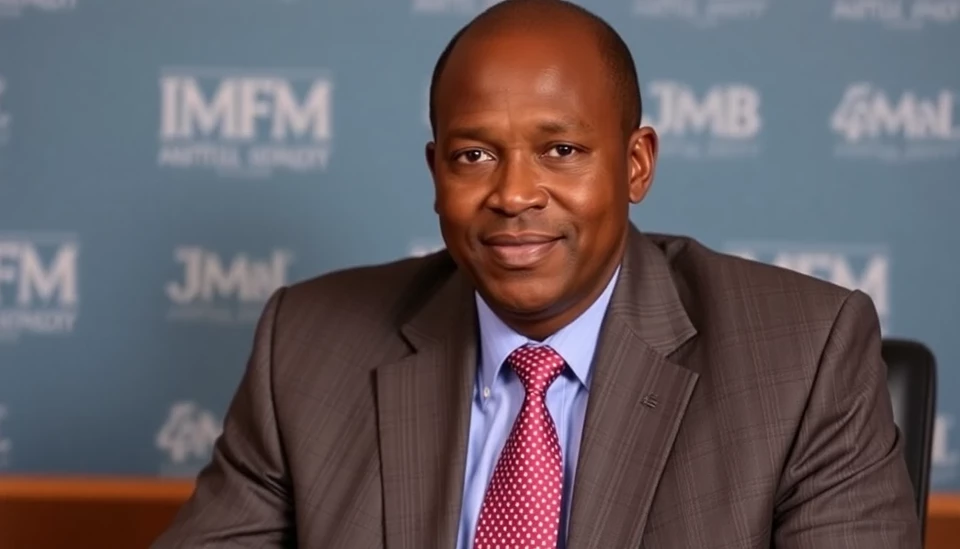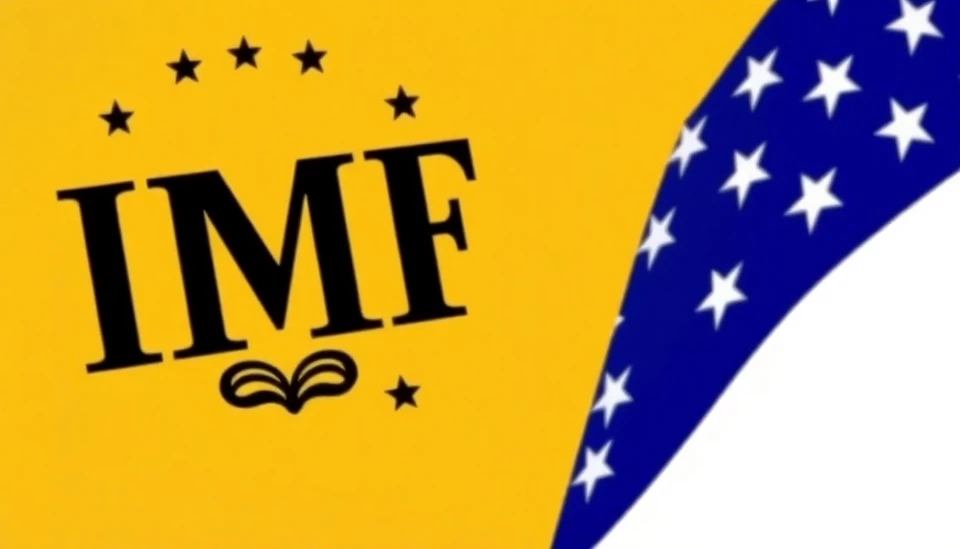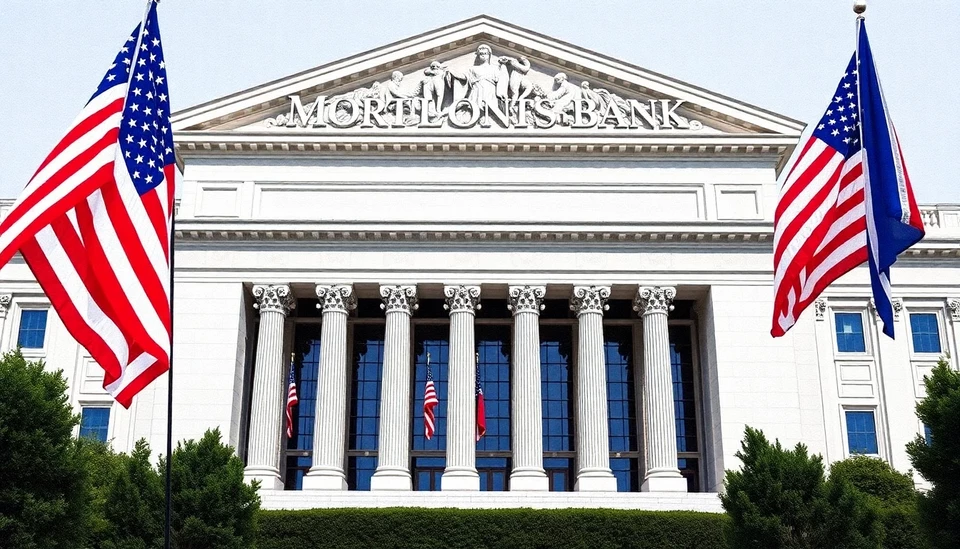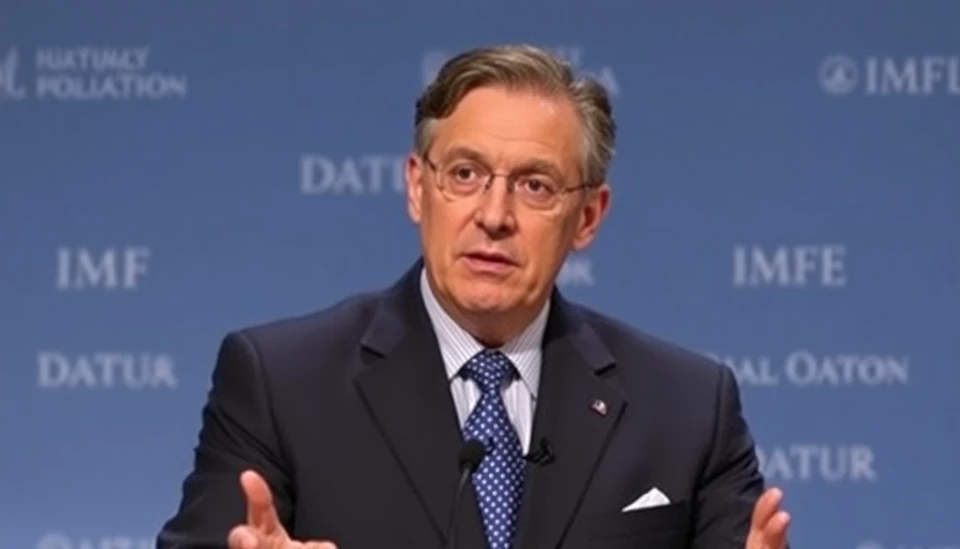
The International Monetary Fund (IMF) is set to convene for an important board meeting later this month, where it will deliberate on the next disbursement of funds designated for Kenya. This decision comes as the East African nation faces a challenging economic landscape, compounded by rising inflation and a high public debt level. The meeting is crucial not only for Kenya’s immediate financial stability but also for its broader economic recovery strategy.
Kenyans have been looking to the IMF for support, particularly after the government initiated a rigorous economic reform agenda tied to previous loans from the IMF. These reforms have been aimed at addressing pressing issues like fiscal discipline, exchange rate stabilization, and the implementation of tax policies that will ensure sustainable revenue generation. The IMF’s continued financial support is seen as pivotal for maintaining investor confidence and encouraging foreign investment in the country.
In a bid to mitigate the impacts of a high cost of living, the Kenyan government has been focusing its efforts on embracing organizational changes in its expenditure and revenue systems. These changes aim to streamline operations and enhance efficiency within the public sector. However, skeptics question whether these reforms will be sufficient to bring about the desired economic stability and growth.
The previous disbursement by the IMF, amounting to approximately $1 billion, was authorized in July. The funds were intended to assist in dealing with immediate budgetary pressures and ensure the continuity of key services amid a notable rise in the prices of essential goods. As part of this ongoing engagement with the IMF, the Kenyan government has been tasked with demonstrating adherence to fiscal policy targets, which they hope will ultimately secure the necessary funds.
Economists have warned that failure to secure this next disbursement could have adverse implications, particularly as public debt continues to rise amid dwindling foreign exchange reserves. The IMF's backing is perceived as vital for Kenya to stabilize its economic situation, reduce its debt burden, and foster sustainable growth moving forward.
The upcoming meeting could significantly influence both local and international sentiment regarding Kenya's economic policies and its future financial stability. Thus, stakeholders and citizens alike are keenly awaiting the outcomes of the IMF board’s discussions.
As the date for the meeting approaches, speculation is rife on how the outcome will affect Kenyan citizens, especially those already struggling beneath the weight of inflation. The response from the government and the Kenyan population will be critical in determining the next steps in their economic recovery process.
In conclusion, the upcoming IMF board meeting represents a pivotal moment for Kenya, as it seeks to secure vital fiscal support necessary for navigating its current economic challenges. The world watches closely, as the decisions made at this meeting will likely shape the trajectory of Kenya’s economic future.
#IMF #Kenya #EconomicStability #DebtManagement #FiscalPolicy #FinancialSupport #InvestmentConfidence #Inflation #EconomicReform
Author: Daniel Foster




